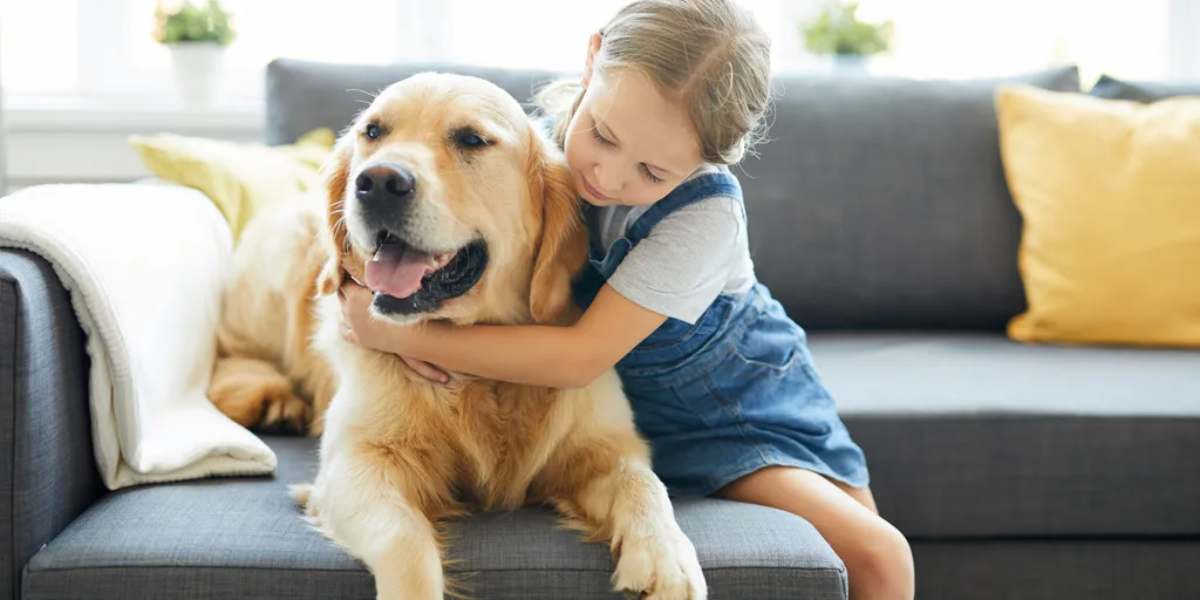There is enough evidence to support the benefit of pets for foster children. When the fostering agency checks a family that has volunteered to foster a child, they will want to know what animals you have on your property to ensure the safety of the child. There is legislation in place to prevent certain breeds of dogs (such as pit bulls) being in a setting or position where they could harm citizens. However, many adoptive families do have pets that are good for a foster child to be around. Below we look at the benefits of pets for foster children.
Factors That Impinge on Having Pets When Fostering
It has been noted that some breeds of dogs are considered too dangerous to be around children. Another concern is a pet adopted from a rescue centre. Due to its own previous trauma, such a pet may have behaviours that could endanger a child. This potential conduct could be due to the pet having been starved, abandoned, neglected, or mistreated.
If you already foster a child and want to get a (new) pet, you will need to get permission from the foster agency. They may require a vet to certify that a particular animal has a good temperament and is safe around children. You will not be allowed to acquire a breed of dog that has been banned as long as you are fostering children.
The foster agency, such as fosterplus.co.uk will complete a pet assessment to reassure themselves that the pet is safe and that you are a good pet owner. This means providing fresh water and food and taking dogs for walks. All vaccinations and deworming treatments must be up to date. Fur must be vacuumed from furniture and carpets to prevent allergic reactions in foster kids.
The foster child may display aggressive behaviour and take these feelings out on a pet. Although it is important to deal with such actions swiftly, there is also a danger that the animal may react and hurt the child. If you have rescue animals or breeds that are not good with children, it is better not to foster.
How Pets Engage with Foster Children
A pet will generally display protective behaviour towards a child, even a newborn baby. It will temper its natural boisterousness to engage gently with the child. Pets also sense when a person in their ‘pack’ is feeling low and will sit next to them and offer affection.
Children who have experienced trauma and neglect will be comforted by a pet’s attention. They can learn empathy, love, and how to develop relationships with a pet. This may also increase their sense of wellbeing.
Benefits of Pets for Foster Children
Allowing a foster child to help with pet care will teach responsibility. This will also give the child a topic to chat about and thus enhance communication. A shy child can read to a dog rather than to the foster parents. A pet provides companionship that can stave off loneliness and reduce isolation.
Children raised around pets have stronger immune systems. They also get more exercise. Stroking a cat or dog decreases anxiety and can lower blood pressure.
Having pets is rewarding for the whole family and will improve bonding as everyone enjoys them and gets involved in play.


